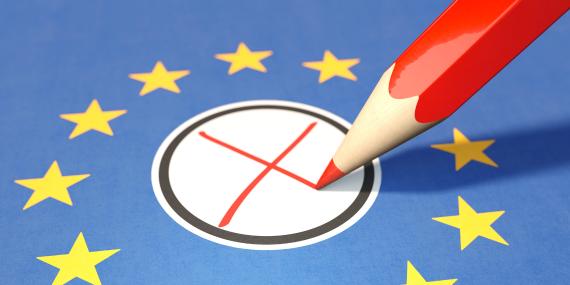Voting behaviour of people with a migration background
A representative analysis of the voting behaviour in particular of people of Polish, Russian and Turkish origin as well as ethnic German repatriates
Representative results on the voting behaviour of people with a migrant background show significant changes, particularly in the last five years. In this context, the voting behaviour of specific groups, such as those of Turkish, Russian or Polish origin or late repatriates, is always of interest to politicians. Which parties are favoured by Germans with and without a migrant background, as well as by foreigners? Where are the differences and similarities? What political attitudes can explain these voting intentions?













